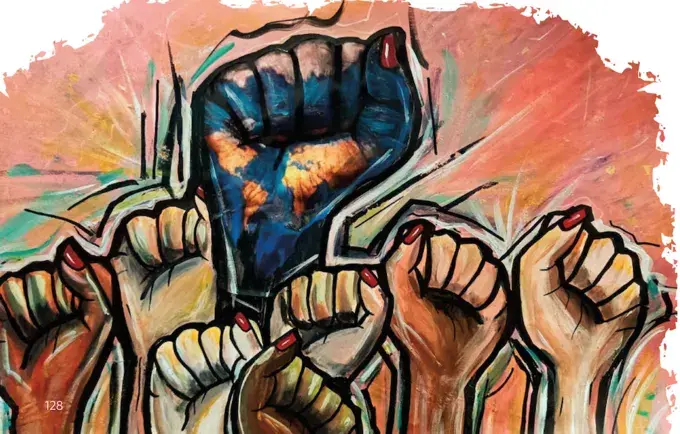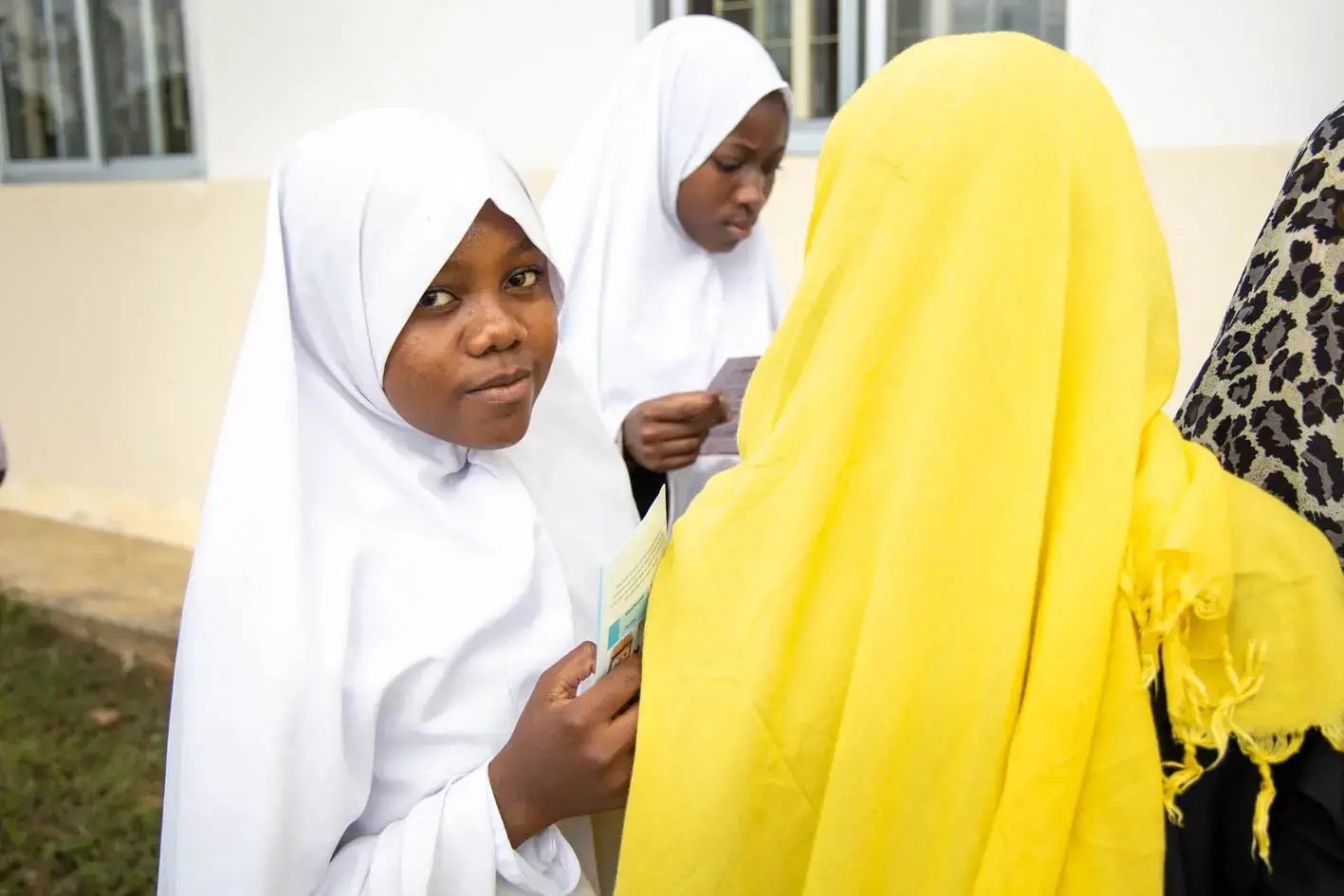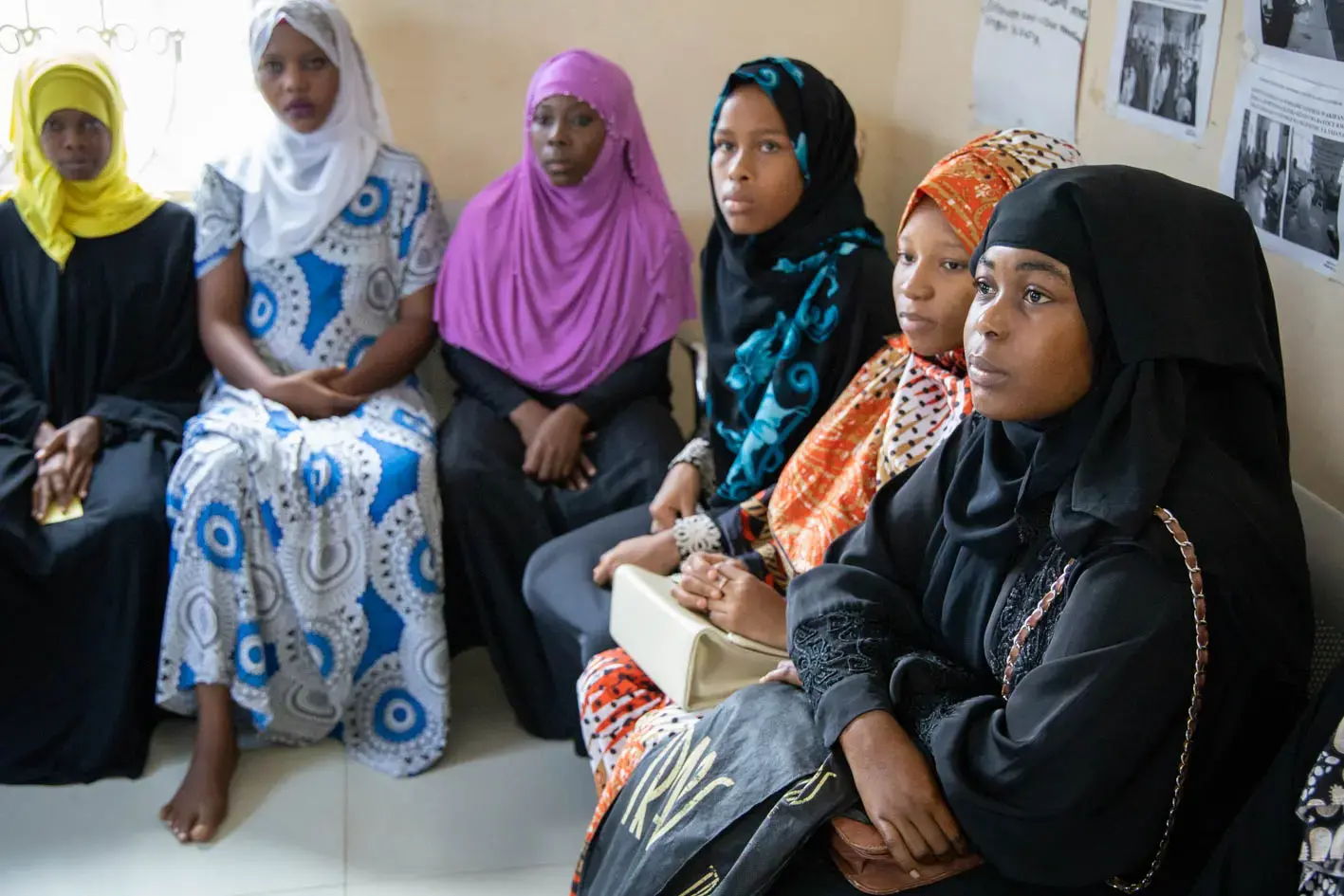Family Planning 2020 (FP2020) works with governments, civil society, multilateral organizations, donors, the private sector, and the research and development community to enable 120 million more women and girls to use contraceptives by 2020. The late Dr. Babatunde Osotimehin, Executive Director, UNFPA, visited Tanzania during the FP2020 Meeting between 30 October to 3 November 2016. Tanzania was the venue, and he was a Reference Group Co-Chair and key speaker at the event.
Ummy Ally Mwalimu, Minister for Health, Community Development, Gender, Elderly, and Children, emphasized that Tanzania is committed to ensuring strong political commitment to family planning at all levels, increasing national financing for family planning commodities, and strengthening contraceptive commodity security.
She added that the country is truly determined to meet the commitments that it put forward at the London Summit on Family Planning, FP2020, in 2012, and to achieve this they are working alongside civil societies, donors, the private sector and other development partners to ensure that women and girls, no matter where they are, have access to family planning commodities. "We are also very proud to be one of the first commitment makers in family planning. Since the London Family Planning Summit in 2012, family planning is now included in Tanzania's second five-year development plan 2016 to 2021." She recognized that family planning is an important component when talking about Tanzania becoming a middle-income country.
Progress has been made; more youth are using modern contraceptives in the country and the number of married women using modern contraceptives has increased to 32 per cent. Most importantly there is now a specific budget line for family planning.
Addressing the same gathering, the late Executive Director, UNFPA, Dr. Babatunde Osotimehin said, "The purpose of the report is to share progress made in Africa since global leaders committed, in July 2012, to provide 120 million more women and girls with access to family planning information and services by 2020." He added that the report indicates that for the first time, the number of women and girls using modern contraception in the world's 69 FP2020 focus countries has reached 300 million. "The data featured in the report reveal noteworthy accomplishments as well as some significant challenges for the partnership. More than 30 million additional women and girls compared to 2012 can now use contraceptives across the 69 focus countries," he said.
Speaking with UNFPA Tanzania staff on 30 October 2016, the Late ED Dr. Babatunde Osotimehin referred to the call made by the 2030 Agenda to leave no one behind and said: “To reach those furthest behind, leaders and communities must focus on and stand up for the human rights of the most marginalized teenage girls (10 year-olds), particularly those who are poor, out of school, exploited, or subjected to harmful traditional practices, including child marriage. Marginalized girls are vulnerable to poor reproductive health and more likely to become mothers while still children themselves. They have a right to understand and control their own bodies and shape their own lives.”





